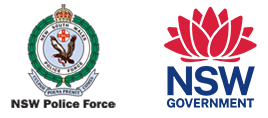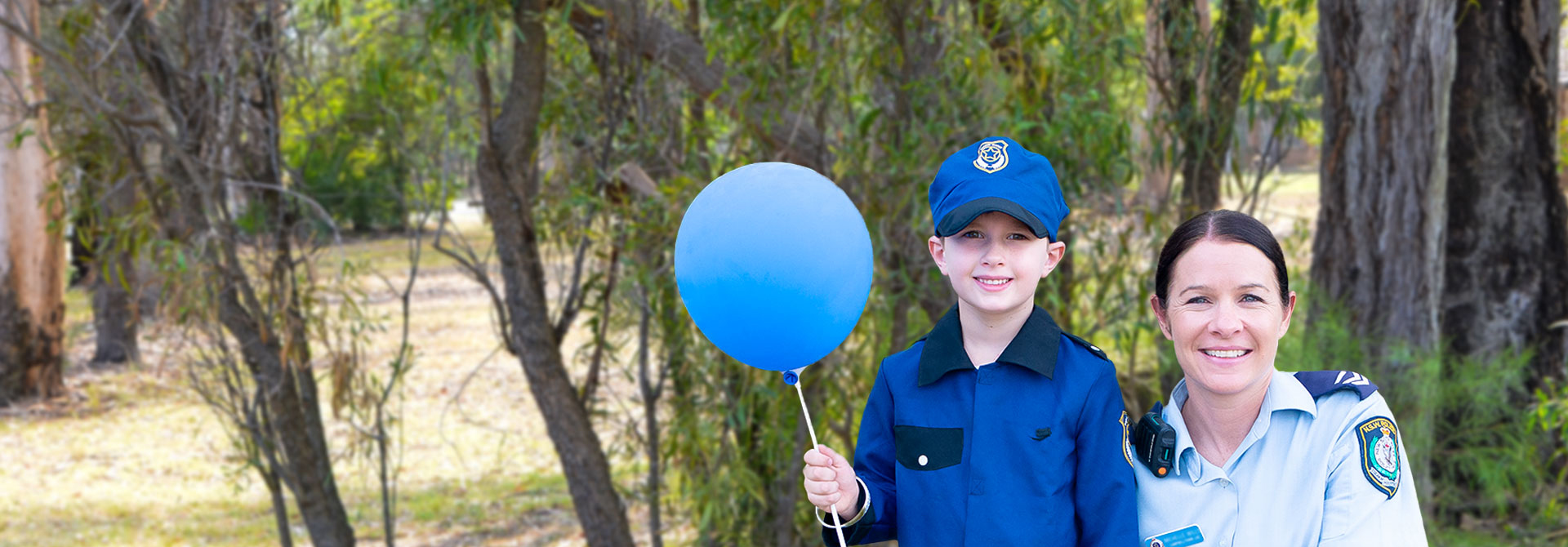People carrying on particular occupations, duties or activities in NSW are exempt from the requirement to hold a security licence, but only while carrying on those occupations, duties or activities.
Amendments to the Security Industry Act 1997 (the Act) commenced on 1 June 2023. To align with the amendments, the Director SLED has made an Instrument of Exemption pursuant to section 6AA(1) of the Act that exempts persons or classes of persons described in the instrument from the requirement to hold a security licence under section 7(1) or (2) of the Act. The Instrument of Exemption (PDF) is available here.
Commencing Monday 12 August 2024, two additional exemptions for the following classes of persons under s.6AA(1) of the Security Industry Act 1997 take effect. The additional Instrument of Exemption (PDF) is available here.
Below is an overview of the exemptions.
Building and Construction Industry
- People who work in the building or construction industry, or who provide home maintenance, and install, or engage people to install, basic security equipment like locks. This does not include locksmiths or people selling, repairing, maintaining or providing customised advice on other security equipment like CCTV cameras and security fencing.
- Architects, engineers and other people who work in the building and construction industry who provide incidental advice on basic security equipment.
- Handymen who provide home maintenance services and install basic security equipment like locks in the course of providing home maintenance services. This does not include builders, handymen or other tradespeople who are specifically contracted or hired to install, repair or maintain security equipment.
Class 2 Licence Apprentices
People carrying out Class 2 licence security activities while completing their required apprenticeship or training while being supervised by a Class 2 licence holder. This does not include apprentices or trainees who would be refused a licence based on their criminal history or who are working while unsupervised by a Class 2 licence holder. The apprentice or trainee must be part of a training program recognised by the Department of Education.
Correctional Centres
- People working at detention centres under the Children (Detention Centres) Act 1987
- Management or submanagement companies engaged to manage or assist in the management of a correctional centre under Part 12 of the Crime (Administration of Sentences) Act 1999.
- People employed by a management or submanagement company that has been engaged to manage or assist in the management of a correctional centre under Part 12 of the Crime (Administration of Sentences) Act 1999 and who are authorised under section 240 of that Act.
Federal Government Agency related
- Officers and employees of the Australia Security Intelligence Organisation working under the Australian Security Intelligence Organisation Act 1979.
- Commonwealth government agency employees who provide security advice to that government agency in connection with its functions.
- People employed by a government agency, whether NSW, Commonwealth or another Australian state or territory, to work in a national security role.
Investigations
Investigations
- A staff member or employee of the Public Service or a public authority of NSW, or any State, Territory or the Commonwealth who, in that capacity, acts as a private investigator.
- A law practice, an Australian legal practitioner or a person undertaking practical legal training under the supervision of an Australian legal practitioner who, in that capacity, acts as a private investigator.
- A registered company auditor (within the meaning of the Corporations Act 2001 of the Commonwealth) who, in that capacity, acts as a private investigator.
- A general insurer (within the meaning of the Insurance Act 1973 of the Commonwealth), an insurance loss adjuster working on behalf of a general insurer, or an employee of a general insurer or loss adjuster, who, in that capacity, acts as a private investigator.
- An officer or employee of an authorised deposit-taking institution who, in that capacity, acts as a private investigator.
- A person conducting an investigation relating to employees or staff on behalf of a government sector agency (within the meaning of the Government Sector Employment Act 2013) who, in that capacity, acts as a private investigator.
- A person who provides employment placement services (within the meaning of the Fair Trading Act 1987, section 48) who, in that capacity, acts as a private investigator.
- Qualified accountants, but only while they act as an accountant.
- Corporations that provide accounting services by way of a qualified accountant who is acting as an accountant.
Licensed and Entertainment Venues
- Licensees under the Liquor Act 2007 and employees who are required to exclude people from the licensed premises. This does not include people who are specifically employed to carry on security activities at a licensed venue.
- Employees who inspect, examine or scan tickets or other documents that relate to the entry or admission of people to any premises for a function, event or entertainment. This exemption does not apply to employees who check a person’s age or who physically restrain or eject people from a venue or prevent them entering a venue.
- People employed to carry out Responsible Service of Alcohol supervisory duties at licensed premises. This exemption does not allow these people to physically restrain or eject people from, or prevent them entering, licensed premises.
NSW Government Agency related
- People employed by Rail Corporation New South Wales, Sydney Trains or NSW Trains to undertake security activities. This does not include contract security guards engaged to perform watch and guard duty at Rail Corporation New South Wales, Sydney Trains or NSW Trains properties.
- Transport Service of New South Wales employees carrying out revenue protection activities, including checking tickets.
- Transport Service of New South Wales employees whose duties include using electronic means to observe, watch or guard State Transit Authority of NSW properties.
- Transport for NSW or Transport Asset Holding Entity employees whose duties include training and assessing other employees in security activities. This does not include external people employed by these organisations to provide security training.
- People who are employed by Metro Trains Sydney whose duties include observing, watching and guarding, by electronic means, Sydney Metro properties, but only to the extent to which the persons carry out those duties in the course of that employment.
- Authorised fire officers working with Fire and Rescue NSW, a local council or a similar body
- People employed in the Office of the Sheriff, Department of Justice
- Department of Communities and Justice employees whose duties include advising on crime prevention strategies or community safety work.
- People employ by or in a local council whose duties include advising on crime prevention strategies or community safety work.
- The NSW Independent Casino Commission
- The Independent Liquor and Gaming Authority, but only when it is carrying out its duties and functions as specified in the Casino Control Act 1992
- People employed to work as inspectors for the Independent Liquor and Gaming Authority under the authority of the Gaming and Liquor Administration Act 2007
- People employed by a government agency, whether NSW, Commonwealth or another Australian state or territory to work in a national security role.
- Department of Education employees who perform control room or centre monitoring operations solely for that Department.
- A member of staff or employee of the Public Service or a public authority of New South Wale, another Australian state or territory or the Commonwealth.
Internal Security Service
People who, in the course of their employment in a non-security related business, provide internal security advice in relation to their employer’s business, including providing internal advice to a related body corporate. This also includes people who install, maintain, repair or service internal security equipment in connection with their employer’s business. This exemption does not include people who provide security advice or who install, maintain, repair or service security equipment on behalf of their employer for other businesses.
Retail Industry
Retail employees who conduct customer bag checks in accordance with guidelines sponsored by the Australian Retailers Association (NSW).
Security Equipment Sellers
- Security equipment wholesale sellers. This does not include people or businesses who sell security equipment or provide customised advice directly to the public.
- People employed to make telephone calls to encourage people to sign contracts related to the supply of security equipment, methods, principles or services.
Automotive locksmiths
- People who install, service, repair and/or manipulate locks, or carry on any other locksmithing activity, with respect to any vehicle (other than a campervan or motorhome), but only to the extent to which the persons carry on such activities.
Other Exemptions
- Employees of domestic or international airlines who conduct pre-flight searches of aircraft for security purposes.
- Firearms dealers who sell safes or vaults used to store firearms.
- People who work in a security business but do not carry out any security activities.
- People who provide other people to carry out security activities that are exempt from holding a security licence. This exemption only covers people who provide others to carry out those specific exempt activities. It does not apply to those providing people to carry out other non-exempt security activities.
- People employed as a medical practitioner at a hospital.

